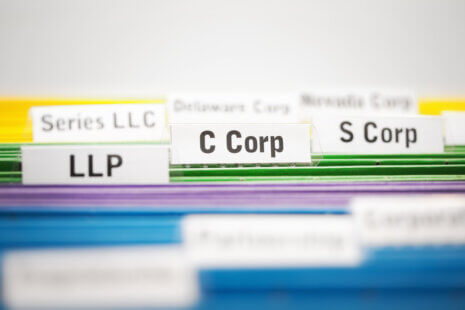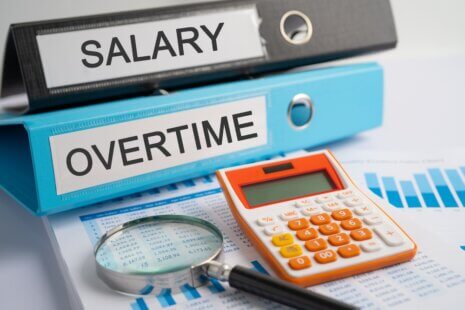The amount a business owner can pay themselves from their business can vary widely based on several factors, including the legal structure of the business, its profitability, and the owner’s individual financial needs.
Here are some key considerations for different types of business structures…
- Sole Proprietorship: In a sole proprietorship, the business and the owner are considered one and the same for tax and legal purposes. As a result, the owner can take money out of the business for personal use without restrictions. However, it’s essential to maintain proper financial records to track business income and expenses.
- Partnership: In a partnership, the distribution of profits to partners is typically outlined in the partnership agreement. The agreement specifies how profits are divided among partners based on their ownership percentages or other criteria. Partners may also take guaranteed payments, which are essentially salaries paid to them as compensation for their work in the business.
- Limited Liability Company (LLC): LLC members can typically take money from the business as owner’s draws, similar to sole proprietors. The specific rules and procedures for making these withdrawals are typically outlined in the LLC’s operating agreement.
- Corporation: The payment structure for business owners in a corporation differs depending on whether the corporation is structured as a C corporation or an S corporation.
- C Corporation: In a C Corporation, business owners can receive compensation in the form of salaries and bonuses, which are subject to payroll taxes (Social Security and Medicare). Additionally, shareholders can receive dividends from the corporation, which are typically taxed at a lower rate. The exact amount that a business owner can pay themselves will depend on factors such as the company’s financial performance, industry standards, and tax considerations.
- S Corporation: In an S Corporation, owners often receive a combination of salary and owner’s draws. The salary should be “reasonable” and subject to payroll taxes, while the owner’s draws are not subject to these taxes. The Internal Revenue Service (IRS) requires that S Corporation owners pay themselves a reasonable salary to avoid tax-related issues.
It’s crucial for business owners to strike a balance between paying themselves a fair and competitive income and reinvesting in the business for growth and sustainability. Moreover, tax implications, personal financial needs, and business goals should all be taken into consideration when determining how much a business owner can pay themselves. Consultation with an accountant or tax professional is highly recommended to ensure compliance with tax laws and to make informed financial decisions.




